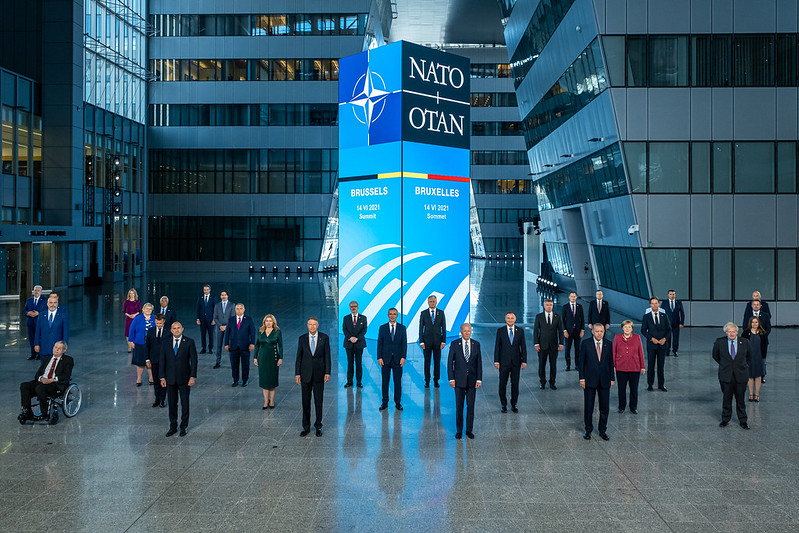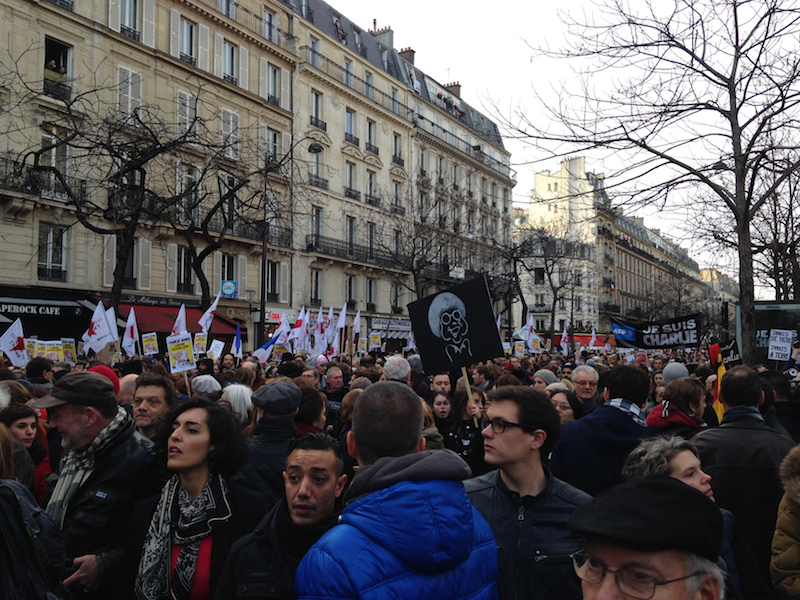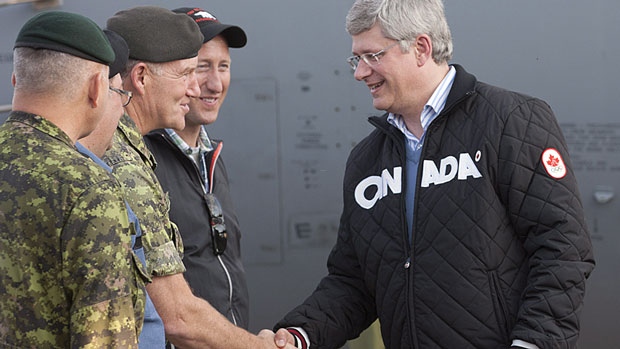Needless to say, Europe was busy last week as the continent played host to two significant summits and the highly anticipated first US-Russia meeting between Presidents Joe Biden and Vladimir Putin. The G7 hosted their first in-person meeting in two years in Carbis Bay, Cornwall on the 11-13 of June 2021. The following day, on June 14th in Brussels, NATO held their annual summit to discuss the future of the political and military alliance. The week of highly televised meetings symbolized a return to diplomacy after over a year of uncertainty and growing isolationism. It is critical to recognize the overlapping topics and areas for international cooperation discussed at these summits. This article highlights two of the pertinent and overlapping issues and identifies areas for future improvement.
United Approach on China and Russia
The G7 – consisting of the UK, USA, Canada, Japan, Germany, France, and Italy, with invited leaders from Australia, India, South Korea, and South Africa – recognized their “responsibility… [to uphold] the rules-based international system and international law.” Similarly, the NATO countries reaffirmed their commitment to their shared values, “including individual liberty, human rights, democracy, and the rule of law.” In both the G7 and NATO summit communiqués, the groups criticized China and Russia for human rights violations. The G7 explicitly called on China to respect the fundamental human rights and freedoms of the people in Xinjiang and Hong Kong. NATO was less confrontational in their wording on human rights, but nonetheless called on China to “uphold its international commitments and to act responsibly in the international system” and acknowledged China as a threat to Alliance security.
Meanwhile, Russia received continued criticism from the G7 and NATO leaders on their actions on the Crimean Peninsula and the use of chemical weapons. NATO further condemned Russia for “human rights violations, arbitrary detentions, and harassments of Georgian citizens.” In NATO’s mind, Russia’s assertive and provocative activities “increasingly threaten the security of the Euro-Atlantic area.”
Ahead of his European trip, President Biden hoped for a single allied voice to counter the challenges posed by Russia and China. This objective was a partial success. Biden came out of the G7 summit confident that the group “recognizes that Beijing is part of a growing threat to global democracy.” Moreover, Biden received support from NATO Allies to press Putin on Russian aggression against the West. The agreed rhetoric had an impact as the Chinese embassy in the UK condemned the G7 for engaging “in political manipulation and [interfering] in China’s internal affairs.” For his part, Putin denied responsibility on all key issues – indicating a continued level of contention between the West and Russia.
Despite the attempt at providing a unified front against China, divisions exist within the G7 and NATO. According to US officials, Germany and France appeared reluctant to isolate China and were weary of provocative language. French President Emmanuel Macron made it clear that “the G7 is not a club hostile to China” and urged the NATO alliance to not let China distract them from other security threats. Moreover, German Chancellor Angela Merkel stated that “China is our rival in many questions but also our partner in many aspects.” Presenting a unified front on paper is one thing but presenting a unified front in practice will require a more comprehensive strategy than what was outlined in the summit communiqués.
Climate Change
Ahead of the final day of the G7 meeting, Sir David Attenborough – best known for his work with the BBC Natural History Unit – outlined the gravity of the climate situation facing the world. He stated that “the question science forces us to address specifically in 2021 is whether… we are on the verge of destabilising the entire planet.” Climate change was at the forefront of both the G7 and NATO summits.
The G7 asserted that climate change poses a threat to global security, and “2021 should be a turning point for our planet.” To this end, the group committed to tangible goals such as net zero economies by 2050, cutting emissions in half by 2030, transition away from coal power, and “mobilise $100 billion per year from public and private sources” by 2050. Similarly, the NATO leaders characterized climate change as a ‘threat multiplier’ that threatens the security of the Euro-Atlantic area. The leaders endorsed the NATO Climate Change and Security Action Plan which outlines four areas of action for the alliance. First, increase NATO awareness through annual climate assessments. Second, incorporate climate threat considerations to improve resilience, defence planning, and disaster response. Third, reduce greenhouse gas emissions in military operations. Finally, enhance outreach to partner countries that are active on climate change and security issues. The NATO members commit to this climate action so long as it does not impede “personnel safety, operational effectiveness and [their] deterrence and defence posture.”
The commitments made by these countries represent a cautiously optimistic step in the right direction to address the threat of climate change. While the G7 climate goals are clear, they must not repeat a historical trend of ‘kicking the can down the road.’ The $100 billion in climate aid earmarked for 2025 was a commitment from 2009 to help poorer countries by 2020. Moreover, NATO endorsing a climate action plan signifies an acceptance of the threat of climate change, but lacks the tangible goals found in the G7. Secretary General Jens Stoltenberg must make it a priority, as he has been invited to by the NATO leaders, to create concrete goals that are suitable and achievable.
Final Thoughts and Future Opportunities
Last week’s two summits represent a return to diplomacy and discourse after more than a year of isolationism due to the pandemic. Perhaps a subtle indication of a return to normalcy is the fact this year’s NATO communiqué was 79-paragraphs long. In comparison, the 2019 communiqué was a meagre nine paragraphs as NATO leaders attempted to avoid provoking then-President Trump. Without this worry, there is greater opportunity for progress on a variety of topics included and not included in this year’s summits. Future G7 and NATO meetings must discuss the Arctic and its security implications. Furthermore, NATO overlooked any real progress on the issue of burden sharing – a contentious topic on all fronts. Not every problem was addressed at these summits, nor is there a clear path to success on certain issues, but the conversations continue and that is an important first step.
Photo: Official Portrait of NATO Allies (2021), by NATO North Atlantic Treaty Organization via Flickr. Licensed under CC BY-NC-ND 2.0.
Disclaimer: Any views or opinions expressed in articles are solely those of the authors and do not necessarily represent the views of the NATO Association of Canada.



